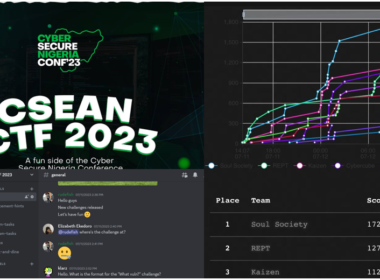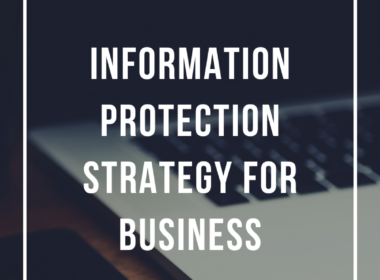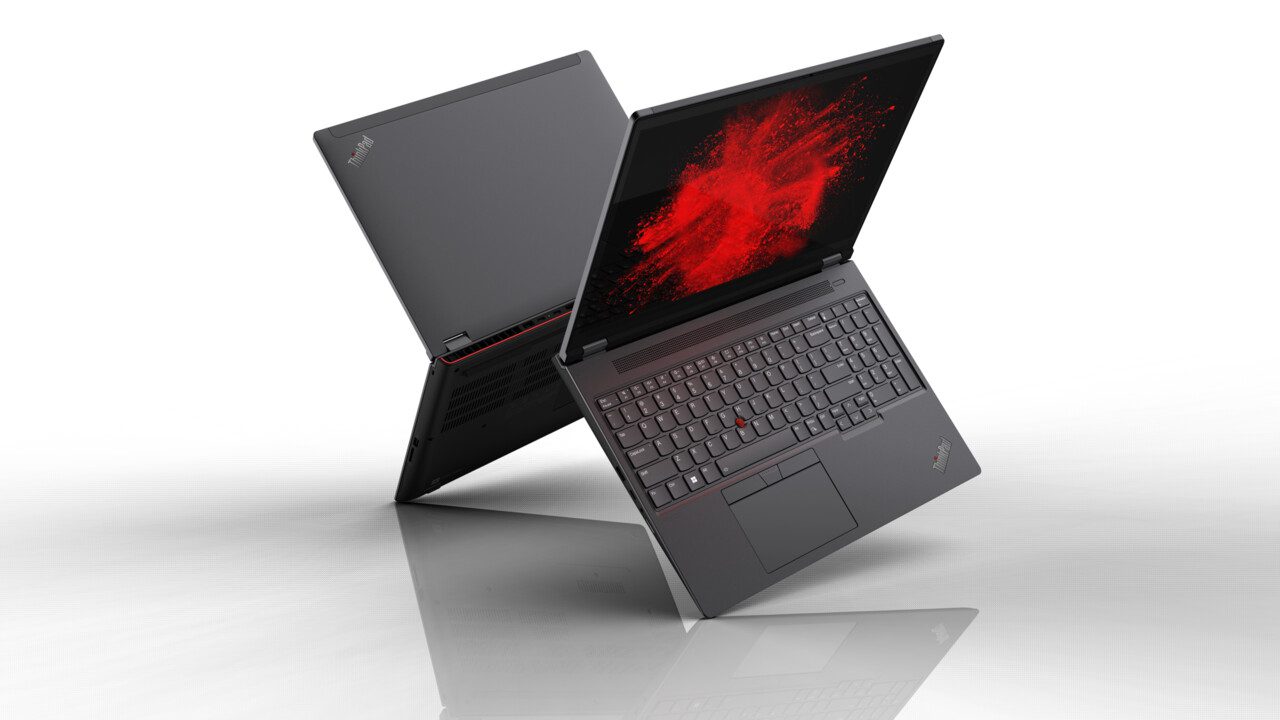Continued…
Millennials And Technology

Born between 1980 and 1995, Millennials are the first true digital natives, as the oldest of Millennials were born on the advent of the internet and the youngest on the advent of smartphones. The first adopters of social media…hence their Selfie Generation nickname. Millennials are also thought to be overly pampered by their parents who allowed them to embrace new devices and platforms in grade school and beyond.
Nowadays, Millennials remain with a tech-first mindset. For perspective:
- Millennials have mixed emotions about technology and work, with 73 percent saying it makes their work-life balance easier and 43 percent considering it a threat to their positions.
- 68 percent of Millennials are on social media, with 51 percent taking time out of their workday to use social media at the office.
- Millennials are the heaviest internet bankers of all generations, and they also prefer finding deals online. 31 percent of Millennials use apps to seek out promotions.
Cybersafety Risks and Remedies for Millennials
We can think of Millennials as technology’s biggest advocate — they were more willing than any generation before them to embrace digital advancements in the workplace and also outside of it for remote work and personal purposes. Of course, entrusting connected devices and cloud-based platforms with so many facets of our lives means we need to be very cyber-wise.
The Risk: Remote workforces rely on cloud-based platforms and video conferencing services to keep teams connected, both of which are some of the hackers favourite starting points for committing a data breach. Cybercriminals also know precisely where to find your most sensitive information……your financial institutions. And, if they get their hands on it, they could commit identity theft or even extortion.
The Fix: When at work, whether it is from home or in an office, always be aware of your webcam and what it could be exposing. Also, for work and personal purposes like online banking, use a virtual private network (VPN) to ensure your sensitive information is encrypted. When banking online also protect your accounts by using strong, unique passwords, and changing them often. Enable two-factor authentication (2FA), if it is an option.
Gen Z and Technology

Born between 1995 and 2010, Gen Z has little to no memory of a world without smartphones. Their parents are Gen Xers after all, and some of them perhaps even started documenting their Gen Z children’s lives on social media even before their kids could pronounce the words Facebook or Instagram. These days, Gen Zers are the first to embrace these new platforms, welcoming Snapchat and TikTok quicker than generations before them, relying on YouTube and Netflix equally for entertainment, and considering video games a form of socialization.
For more perspective on how Gen Z is dependent on technology, consider that:
- The top website used by Gen Z is YouTube. Additionally, GenZers watch two times more videos on mobile devices than any other generation.
- Gen Zers spend an average of three hours 38 minutes online on their smartphones every day, which is almost 50 minutes longer than other generations.
- 40 percent of Gen Zers consider working Wi-Fi is more important to them than working bathrooms.
Cybersafety Risks and Remedies for Gen Z
Gen Z is perhaps the most technology-depending digital generation of all, with their smartphones serving as their most important tool to access the internet and all of its wonders. Of course, living with the internet at your fingertips means we must be aware of the risks associated with it.
The Risk: Smartphones aren’t exempt from cyberattacks, especially when it comes to the apps we download and potential malware that comes with them or privacy settings that track our data. Moreover, as Gen Z is so reliant on Wi-Fi, they may also be more likely to connect to public Wi-Fi, which can be dangerous since it’s often not encrypted.
The Fix: Only download necessary apps and make a habit of adjusting the privacy settings accordingly to ensure you are not oversharing your personal information such as your location. In addition, be cautious of connecting to private Wi-Fi and only visiting secure websites….meaning ones beginning with “HTTPS.”
Gen Alpha and Technology

Born from 2010 to the present day — the only digital generation born entirely in the 21st century — Gen Alpha is also known as the Glass Generation because they can view their entire world through glass-fronted devices. And they begin doing that at a young age. Worth mentioning is that today the oldest Gen Alpha members are only 11 years old, so much of their technology use is possibly monitored by parents, teachers, and guardians. For perspective on how Gen Alpha interacts with the digital world, one survey shows…
- 87 percent of Gen Alpha parents say access to the internet has helped kids perform better in school, including distance learning.
- 24 percent of Gen Alpha kids spend more time with their friends online than in-person — including 56 percent of whom play video games — and 54 percent of Gen Alpha parents say tech helps their kids positively connect with other kids.
- 44 percent of Gen Alpha kids consider a mobile device such as a tablet their favourite “toy,” and 61 percent of Gen Alpha parents use this tech to “babysit” their kids.
Cybersafety Risks and Remedies for Gen Alpha
Access to technology comes with responsibility and for Gen Alpha kids that means it is up to their parents to teach that responsibility in them, especially as this digital generation utilizes technology like tablets and video games for socialization and entertainment.
The Risk: Some Gen Alpha kids might have cellphones but most begin with tablets as a form of entertainment. Depending on what apps and platforms they engage with, kids might also engage with other people on those devices — including some cybercriminals. The same is true for video games with chat rooms.
The Fix: Setting parental controls on tablets can go a long way in limiting where your kids go online, including their video game security, because adults cannot always be there to hold Gen Alpha kids hands through every online interaction. For this reason, it’s worth instilling lessons of netiquette and digital citizenship in kids to ensure they understand the importance of protecting their identity and also red flags to watch for peradventure they are targeted by cybercriminals.
Conclusion
It is up to every digital citizen — whether they are a digital native or digital immigrant to practice cyber safety and, in turn instill it in digital generations to come. Remember, tech-savviness doesn’t necessarily run in the family. Cyber safety is something any digital citizen can practice, no matter which digital generation they fall in. Evaluating how we interact with technology is the first step in being aware of your cybersecurity, as well as how to remedy any risks associated with your online activity.










Excellent piece of work
Thank you very much Freddy.